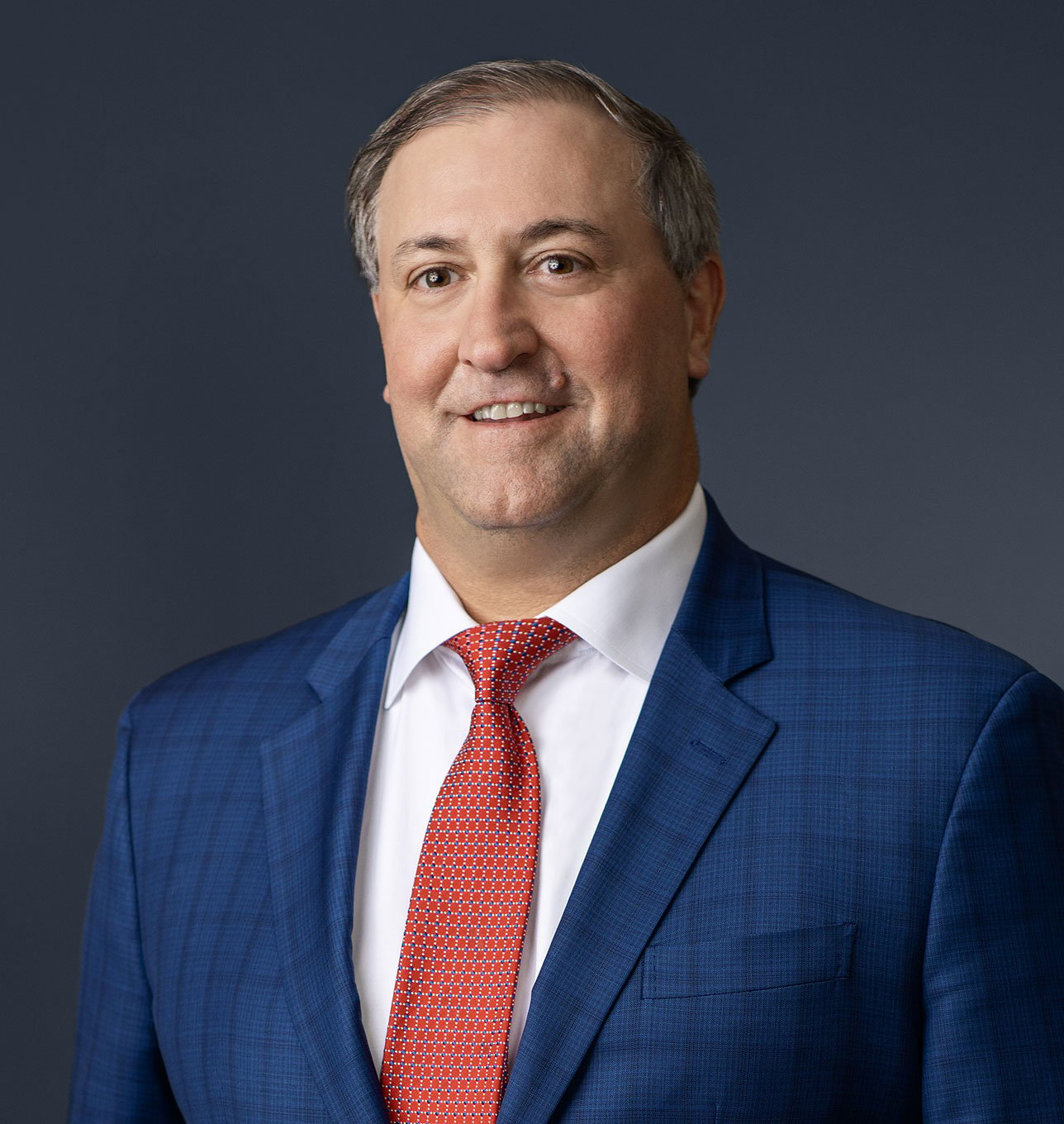Ninth Circuit Affirms Dismissal in Stock-Drop Lawsuit, Citing Shareholder’s “Implausible” Scienter Theory
On June 10, 2020, the US Court of Appeals for the Ninth Circuit affirmed the dismissal of a putative securities fraud class action against Endologix, Inc., a medical device company, on the grounds that the shareholder’s core theory of liability had “no basis in logic or common experience.” In that case, Nguyen v. Endologix, Inc.,1 the plaintiff alleged that Endologix and certain of its executives misled investors about whether the Food and Drug Administration (FDA) would approve the company’s new aneurysm sealing product, Nellix. The Ninth Circuit held that the shareholder’s complaint, for all its “girth,” lacked “a critical ingredient under the Private Securities Litigation Reform Act (PSLRA): allegations that state with particularity facts giving rise to a strong inference” that the defendant acted with scienter—namely, that the defendants made false or misleading statements either intentionally or with deliberate recklessness.
Background
The shareholder initiated the action in January 2017, alleging that Endologix informed investors it was on track to receive FDA approval for Nellix by early 2017, only to disclose in late 2016 that the FDA required another two years of testing. The plaintiff alleged that this news caused Endologix’s share price to plummet by more than 20 percent. In an amended complaint, the shareholder added the allegation that in May 2017, Endologix informed investors it would not seek FDA approval for the first generation Nellix device, which allegedly caused the company’s share price to drop another 36 percent. In September 2018, the US District Court for the Central District of California dismissed the action for failure to plead scienter. The shareholder appealed to the Ninth Circuit. After reviewing the plaintiff’s allegations de novo, the Ninth Circuit affirmed the district court’s dismissal of the action.
The Ninth Circuit’s Holding
The central premise of the plaintiff’s securities fraud theory was that the company invested in a US clinical trial and made promising statements about FDA approval yet knew from its experience in Europe that the FDA would eventually reject the product. The Ninth Circuit observed that these allegations “encounter an immediate first-level problem: why would defendants promise the market the FDA would approve Nellix if defendants knew the FDA would eventually figure out that Nellix could not be approved due to ‘intractable’ and ‘unresolvable’ device migration problems?” “The theory does not make a whole lot of sense,” the Ninth Circuit explained, because “[i]t depends on the supposition that defendants would rather keep the stock price high for a time and then face the inevitable fallout once Nellix’s ‘unsolvable’ migration problem was revealed.”
The Ninth Circuit stated that the plaintiff’s theory may have had “more legs” if the defendants had sought to profit from the scheme in the interim, such as by selling company stock. But the plaintiff did not proffer any such factual allegations. Rather, the plaintiff asked the court to accept the untenable theory that the defendants had promised FDA approval for a medical device application that they knew would not be approved and misled the market until the defendants could no longer avoid the inevitable. The Ninth Circuit refused to accept the plaintiff’s theory and instead concluded that the shareholder’s allegations did not “resonate in common experience.”
Although the Ninth Circuit recognized that “[p]lausibility” is more commonly associated with base-level, non-fraud pleading standards, the court emphasized that “plausibility is no less relevant in the context of the heightened pleading standards of … the PSLRA.” The Ninth Circuit thus found that the notion that a company would promise FDA approval that it knew would not materialize did not, without more, create a strong inference of intent to deceive or deliberate recklessness.
Implications of the Ninth Circuit’s Holding
Beyond making it more challenging for shareholders to assert viable claims against companies whose products depend on FDA approval, on the tenuous theory that they had reason to know approval was not likely to be forthcoming, the Ninth Circuit’s opinion more broadly reinforces that, in a putative securities fraud class action, “[a]llegations that are implausible do not create a strong inference of scienter.”


